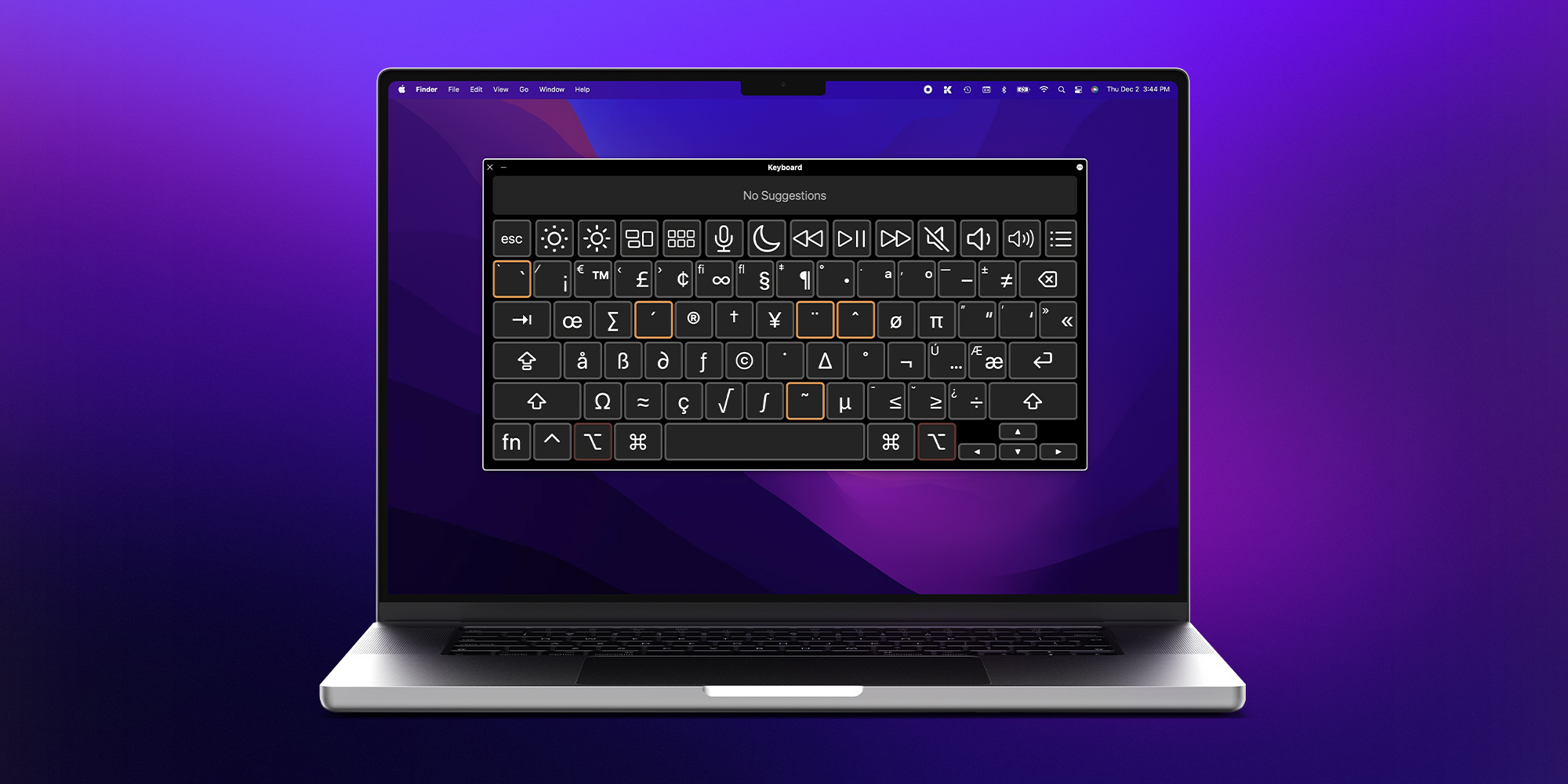

In order to demonstrate this phoneme, scribes and scribes could have come up with a completely new letter, but they preferred to use digraphs (combinations of already existing letters): –MN, as in somnus> sueño (dream / dream). It has survived in two different forms: on the one hand, in the form Romance languages (Italian, French, Spanish, Catalan, etc.), and on the other hand, Latin continued to be used in its classical form in the scientific, literary, legal and liturgical spheres. In connection with the emergence of the Romance languages, new sounds appeared that were reflected in the alphabet. The same thing happened with enye, which was the result of the evolution of the following Latin sounds: Fall of the Roman EmpireĪs you probably know, after the fall of the Roman Empire, Latin did not cease to exist. It all started out of a simple need: in the middle Ages, the high cost of parchment sheets forced scribes and scribes monks to invent and use abbreviations, thus accommodating more words on each line. And in order to make it clear that the word was an abbreviation, dropped letters were designated by horizontal sticks above the word. This is how the letter “ñ” appeared, which an abbreviation of the doubled “n” was originally.

The sound “n” exists in many languages of the world, but the graphic representation of this sound is only in Spanish. When, where and why did the letter Ñ (“enye”) appear? This question is associated with a mass of legends and fictions, but few people actually know the history of this letter. \~ History of the letter n with tilde (Ñ)
#Mac keyboard shortcuts for symbols code#
Here is the latex code for lower case and upper case Ñ, ñ symbol.
#Mac keyboard shortcuts for symbols how to#
How to Insert Check Mark Symbol (✓) on keyboard, Word/Excel How to type a Ñ or ñ symbol in excel


 0 kommentar(er)
0 kommentar(er)
